From 19-21 June, the global CCS community gathered in Trondheim for the twelfth Trondheim CCS conference (TCCS-12). This was a record-breaking conference for TCCS in many ways, with the largest number of participants attended, nationalities represented, and abstracts submitted. While the conference included topics from the entire CCS value chain, the main messages conveyed were the necessity of international collaboration, increased R&D activity, and strong government policies. 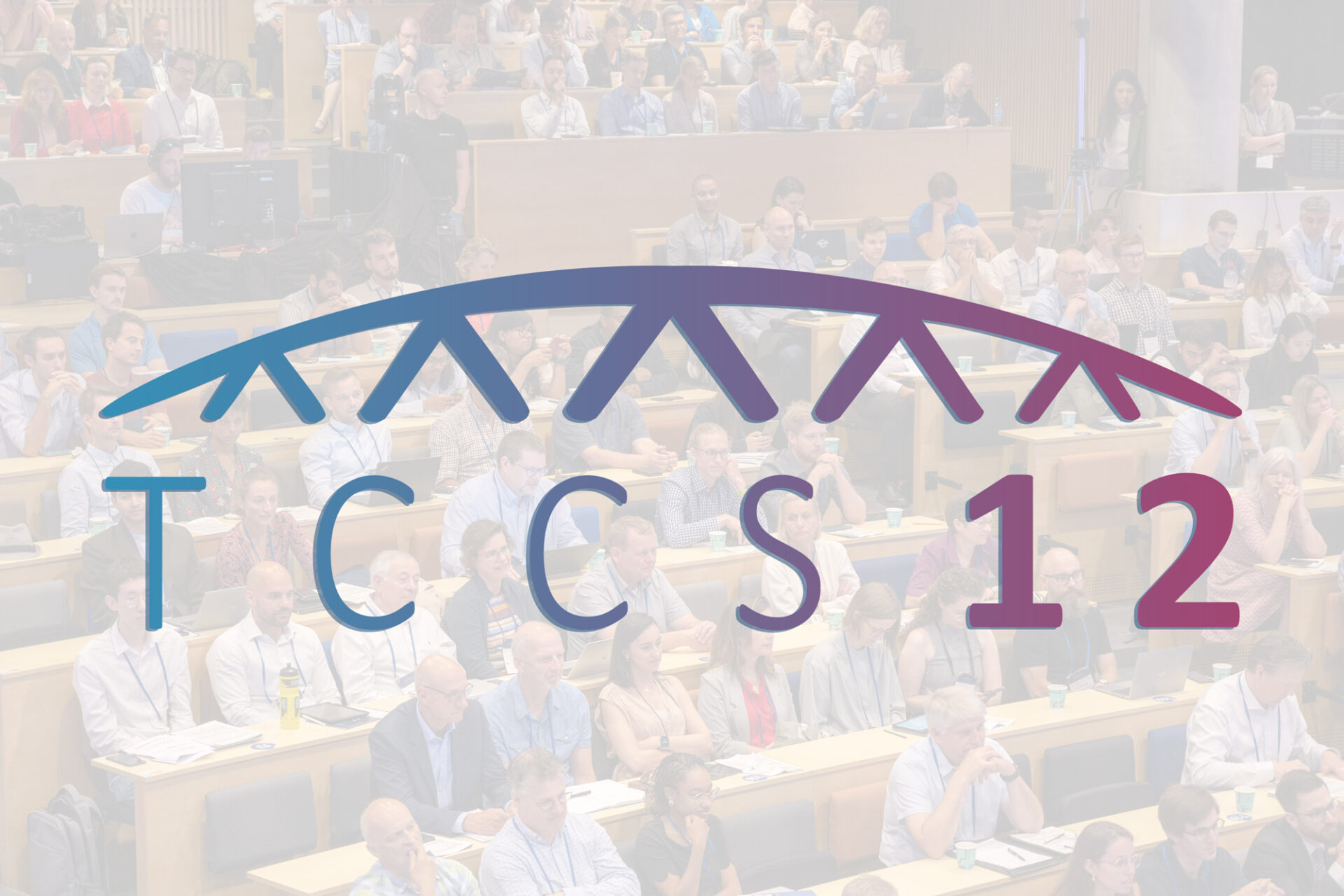
We are in a new normal
On the Saturday before TCCS-12, a heatwave was declared in certain parts of Norway. Trondheim itself is now 1.8°C warmer on average than it was in the 1960s. Kiki Flesche Kleiven, director of the Bjerknes Centre for Climate Research, reminded the audience of just what is at stake in her keynote speech: “The new normal is that the extreme is here, now. And the climate we’re facing in the future, we have very few analogues of.”
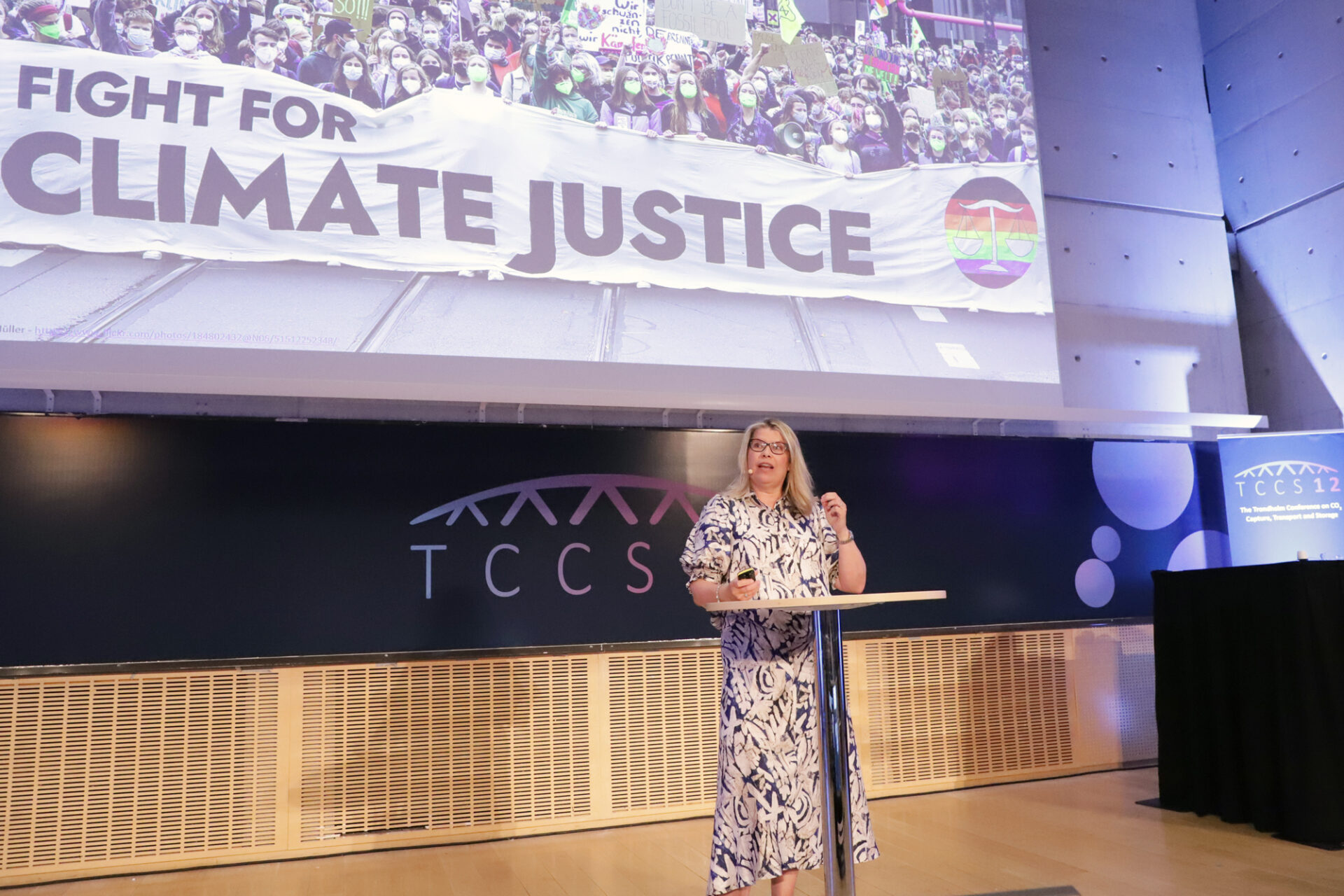
Kiki’s presentation emphasised the importance of large-scale action in order to realise the ambitions of CCS to contribute to our climate goals, and encouraged an “urgent and system-wide” transformation in order to achieve our climate goals.
“All current climate models and all scenarios show that the only pathway to keep the temperature rise to 1.5°C is to focus on carbon removal. To prevent the worst effect of climate change, we need to not only reduce emissions, but we need also to remove carbon from the atmosphere. And we must capture and store emissions to prevent them from entering the atmosphere in the first place.”
Increased global engagement in CCS
610 researchers, industry professionals and students from over 38 countries attended TCliCS-12. This broke the record for participants set by TCCS-8, which had 425 participants from 26 countries. The previous conference, TCCS-11, had over 350 researchers from 28 countries.
While this can in part be attributed to the eagerness of people to meet face-to-face after the pandemic (TCCS-11 was a fully virtual conference), it is also an indication of the increased engagement around CCS in recent years.
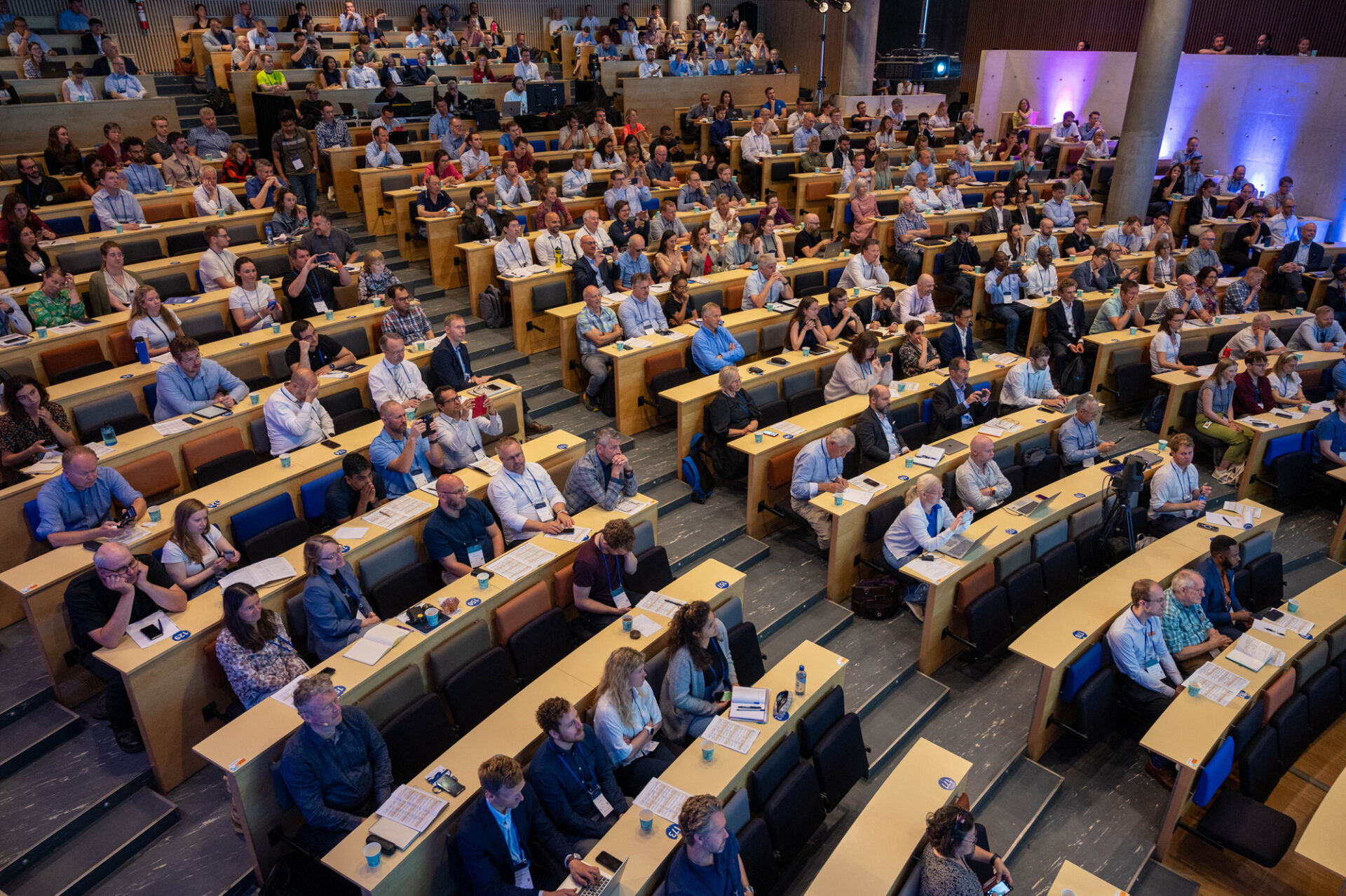
Students comprised approximately a sixth of TCCS participants. During her welcome message on Day Two of the conference, NTNU Professor Hanna Knuutila discussed the importance of passing the right skills on to the next generation of researchers.
“One of my biggest tasks at work is to ensure that we educate bachelor’s students, master’s students and PhD candidates who are actually prepared to work for the industry, helping them to solve the challenges that society is facing. And for us of course at the university, we cannot do this alone. We will need feedback, we will need collaboration and we will need good, tight discussions with industry and society to ensure that we educate candidates with the right skills,” she said.
PhD students received a subsidised registration fee to TCCS-12, while master’s students were able to attend completely free of change, thanks to the support of TCCS-12 sponsors: TotalEnergies, Vallourec, the British Geological Survey, Equinor, Carboncause, and Surface Measurement Systems. These sponsors were able to meet the students directly in a “Meet the Students” session before the Welcome Reception, where they were able to present themselves and discuss job opportunities. PhD student Fabian Mayer at ETH Zürich won the best poster award for TCCS-12. He was presented with the award during the conference dinner by Hanna Knuutila.
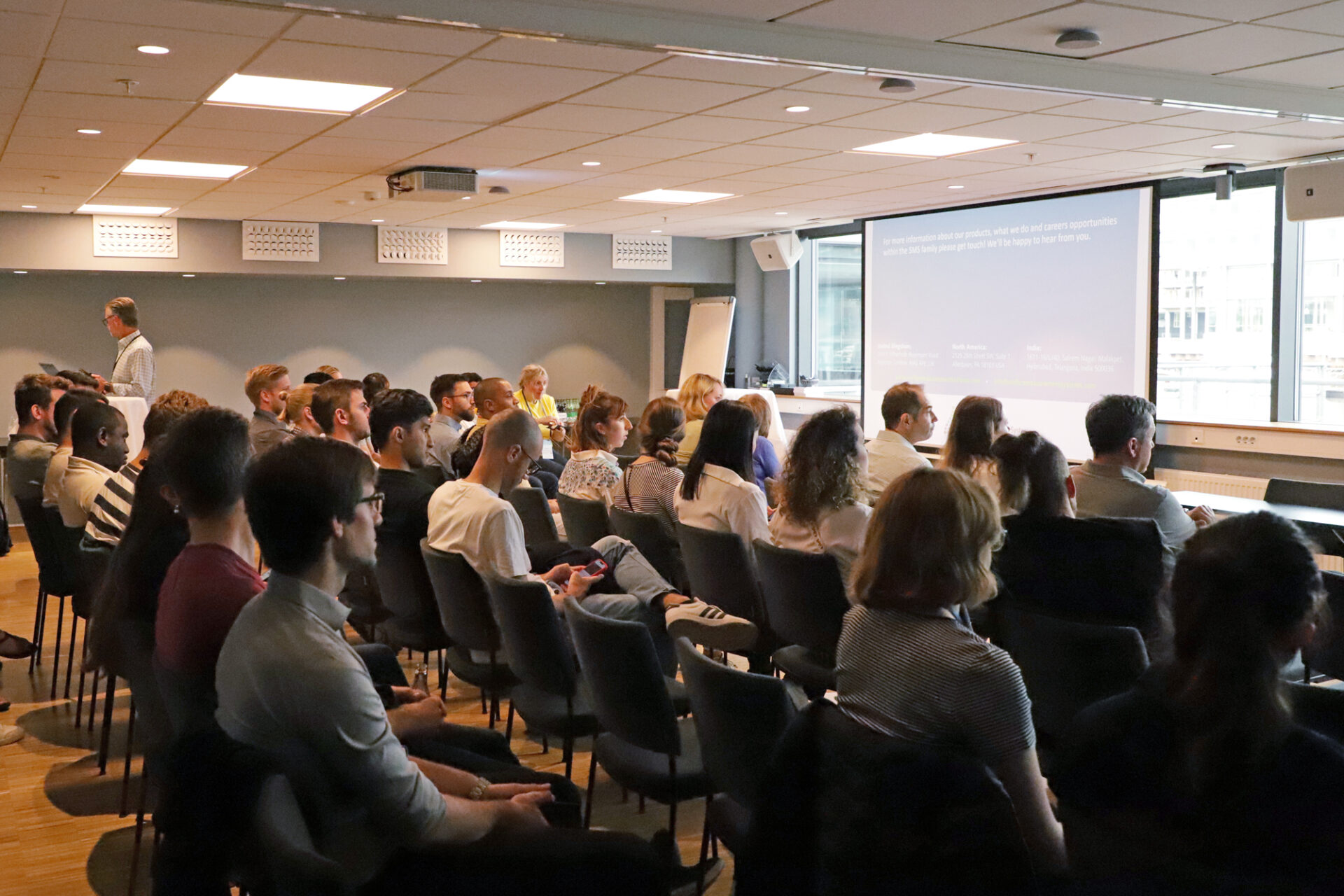


R&D is key to bringing CCS forward
A large focus of the conference was on the importance of the role in research and development in scaling up CCS. TCCS-12 was a representation of the sheer breadth and depth of research activities currently ongoing across the entire CCS value chain, with 125 posters, 118 oral presentations in 6 parallel sessions, and 291 submitted abstracts – also a new record for TCCS.
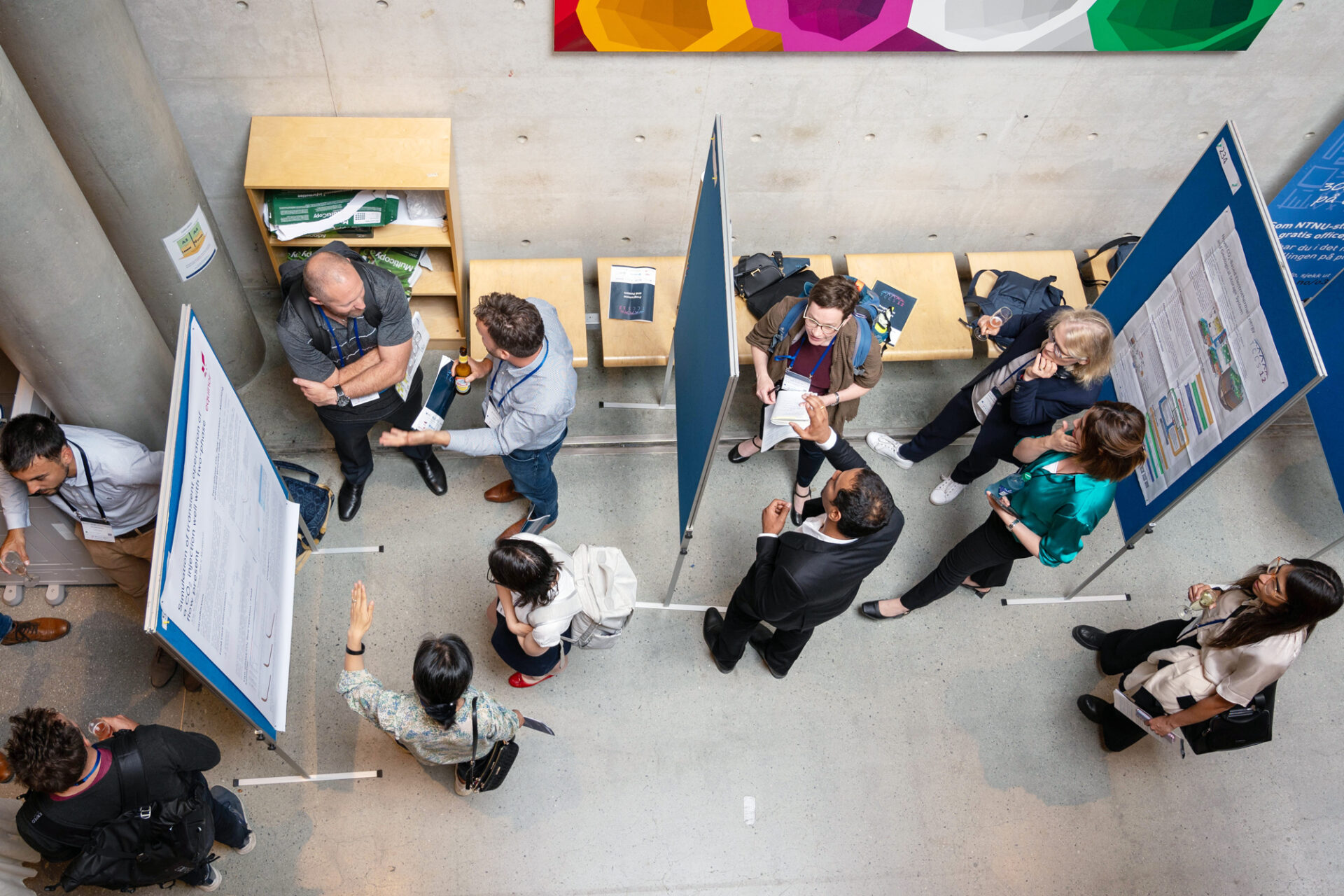
“R&D is key to bringing CCS forward,” said Andreas Bjelland Eriksen, state secretary at the Norwegian Ministry of Petroleum and Energy, during his keynote speech. He went on to attribute the 27 years of experience storing CO2 initially at the Sleipner field and more recently the Snøhvit field, both located on the Norwegian continental shelf, to good cooperation between research environments, industry and government policies.
However, he emphasised the need for continued R&D to ensure CCS keeps progressing: “We need a lot of extra research going forward to be able to validate, to test, and to make certain that we do this in the best way going forward. That is key to success for the CCS industry.”
In his keynote speech about the golden eras and dark ages of CCS, Chair of the NCCS Board and VP of CCS Solutions at Equinor Ola T. Miljeteig credited research as the reason for CCS surviving its last dark age until the launch of the Longship project in 2020:
“We had some very good examples here in Norway of how the community was kept alive during those dark times. Some examples that come to mind are the SUCCESS and BIGCCS research centres – and later the Norwegian CCS Research Centre (NCCS). Those, together with initiatives like this conference, kept CCS alive at a time when it was really needed.


A long-term dedication to CCS research
Someone who has made significant commitments to CCS is Philip Ringrose, who was honoured for his long-term dedication to progressing research on CO2 storage during the conference dinner, where he was awarded the SINTEF and NTNU CCS Award.
Read more: TCCS-12: Awarding Outstanding Achievements within CCS
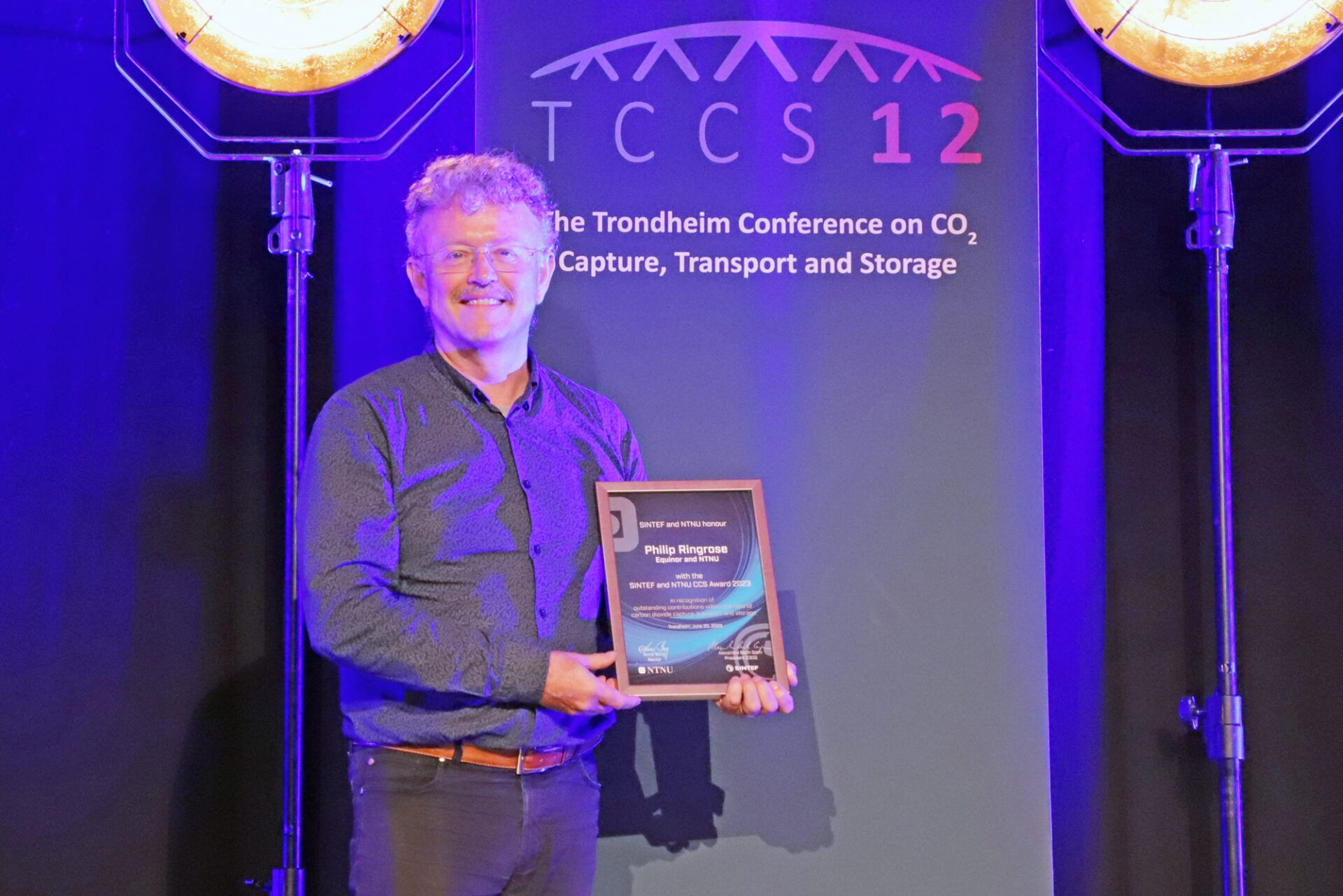
The following day, Professor Ringrose gave the award winner’s lecture on a topic of his choosing as the final keynote speech, entitled, How to accelerate towards Gigatonne CO2 storage (mainly using saline aquifers).
A change of perspective
Another key message that received particular focus during the second day of the conference, was the need for a change of perspective within CCS. In his keynote speech, Professor at ETH Zürich Marco Mazzotti advocated for the importance of reducing our fossil fuel production as well as continuing to develop CCS and carbon dioxide removal (CDR) solutions.
“Imagine you have an overflowing bathtub in your flat or your house. This is all the fossil fuels we are producing that cause unacceptable climate change. What would you do first in this situation? Turn off the tap or clean up the mess?”
In his keynote, Special Advisor for SINTEF Erik Lindeberg emphasised the importance of access to open data, which would enable a wider range of companies to conduct CO2 storage operations.
“In Norway, we have a fantastic situation in that oil wells and a lot of the seismic information is publicly available in databases on NPD (The Norwegian Petroleum Directorate), and some of the other information should absolutely be opened – and there is no economic reason why this is not totally opened,” he said.
Read more: Open-access CO2 data is essential for accelerating CCS deployment


Looking ahead to TCCS-13
The next TCCS will be in two years’ time in 2025. While that may seem like a long time, there is also a lot that needs to be done. Longship – the Norwegian government’s full-scale CCS value chain project – is expected to start operations by 2024. Hopefully, by TCCS-13, there will be plans and agreements in place for more, similar projects, both within Norway and internationally.
This will require a great effort from everyone involved in CCS, from research to industry. However, as NCCS Centre Director Mona Mølnvik said in her closing speech: “We are part of shaping this future, and who should know how to do it, if not us?”.
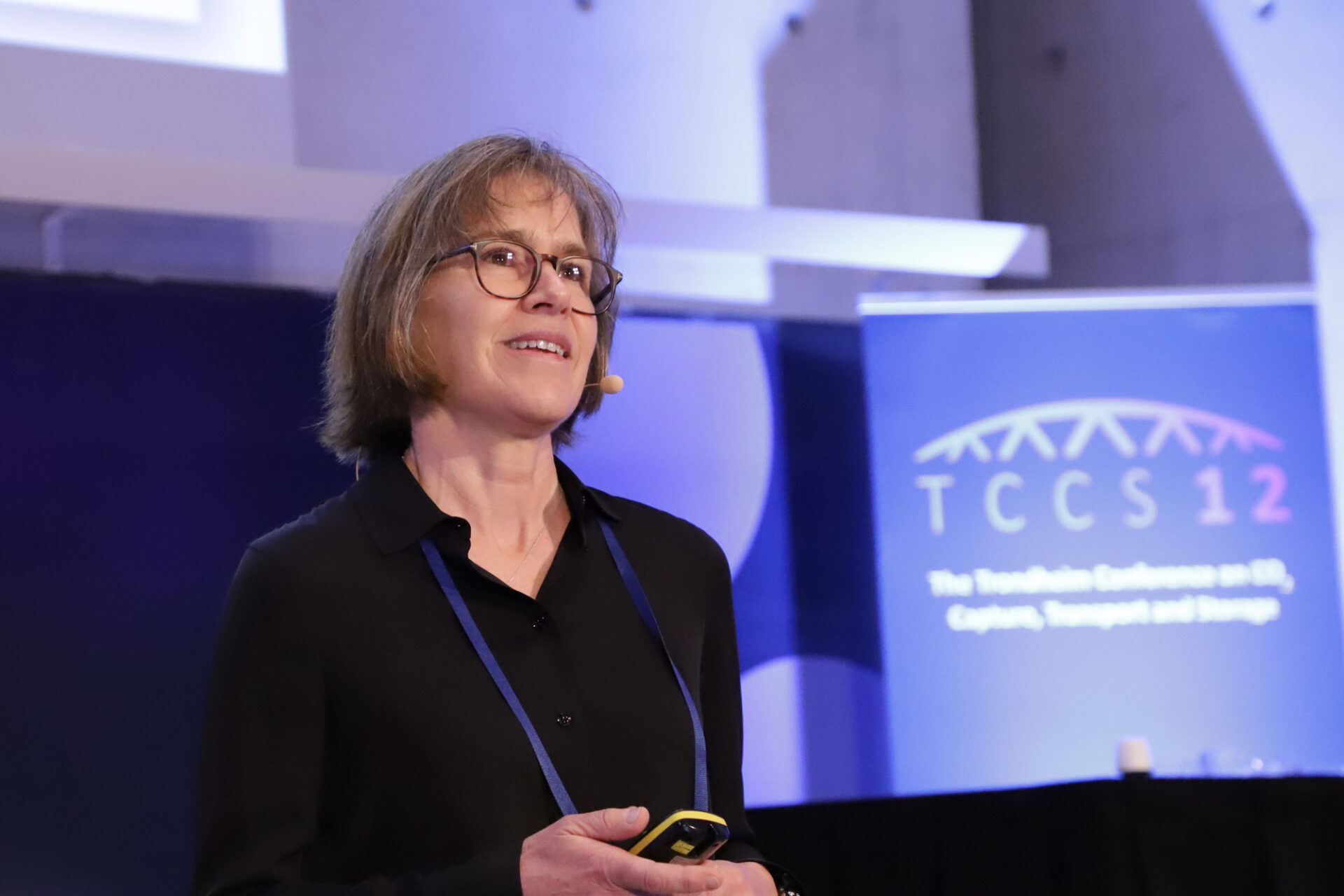
Thank you to everyone who made TCCS-12 the incredible experience it was. We’re look forward to seeing you in 2025 for TCCS-13! Remember to subscribe to the TCCS newsletter to stay up to date on all news and developments.

0 comments on “TCCS-12: A Record-Breaking CCS Conference”